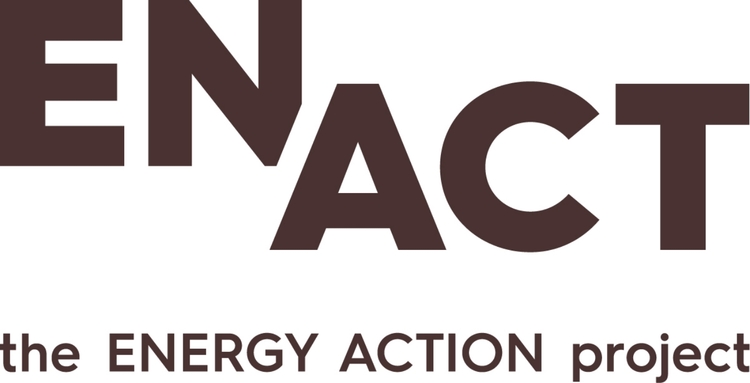Education and water are upheld as basic human rights; to date, energy is not.
Making the case that access to sufficient, affordable energy underpins the right to a dignified life, a new report from the ENGAGER-COST network offers guidance on elements to consider in a rights-based perspective – and practical approaches for moving towards it.
Emphasising the need for a people-centric energy policy, the Right to Energy Toolkit highlights the ‘duty of responsibility’ held by public authorities to engage all stakeholders in ensuring all citizens can afford sufficient energy and participate in energy democracy.
Launched during the opening session of the International Energy Poverty Action Week (21 Feb 2022), the Toolkit offers perspectives for developed and developing countries.
What do we mean by a ‘right to energy’?
Contributors to the ENGAGER-COST Right to Energy Toolkit highlighted two overarching principles that are fundamental:
That all individual humans have equal opportunity to enjoy certain rights and entitlements to be able to enjoy access to energy services necessary for health, well-being, social inclusion and full participation. Energy is vital for a dignified human life.
That others, especially the State, have duties to ensure rights for everyone, equally and without discrimination. A myriad of related concerns can be identified, which largely fall under three overarching themes: access, affordability and energy democracy.
To better understand these concepts and how they are covered in the Toolkit, click here or use the link above to go to ‘In-Depth’.
Blog prepared by Omnia Kandil and Marilyn Smith
COST (European Cooperation in Science and Technology) is a funding agency for research and innovation networks. Our Actions help connect research initiatives across Europe and enable scientists to grow their ideas by sharing them with their peers. This boosts their research, career and innovation. The COST website is at: www.cost.eu
Funded by the Horizon 2020 Framework Programme of the European Union.



